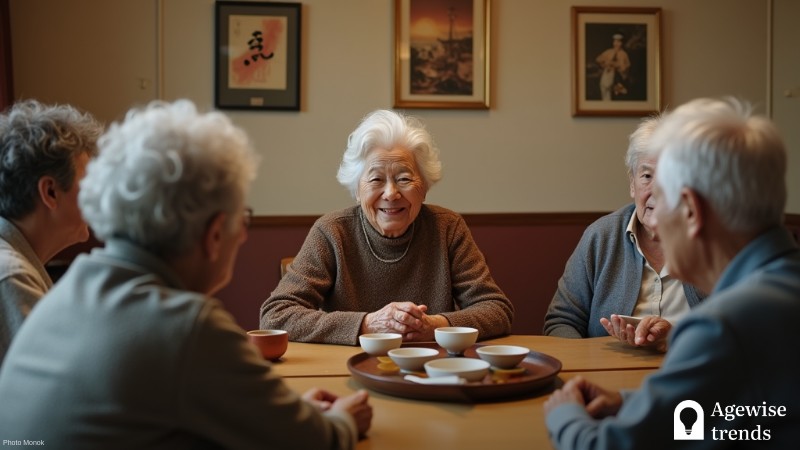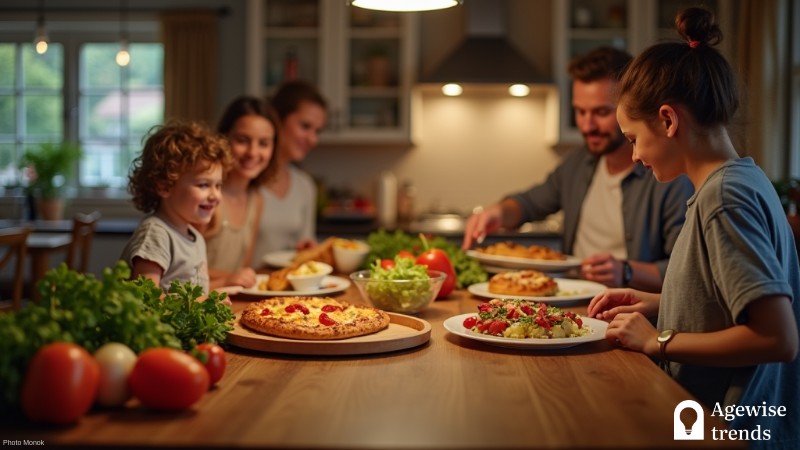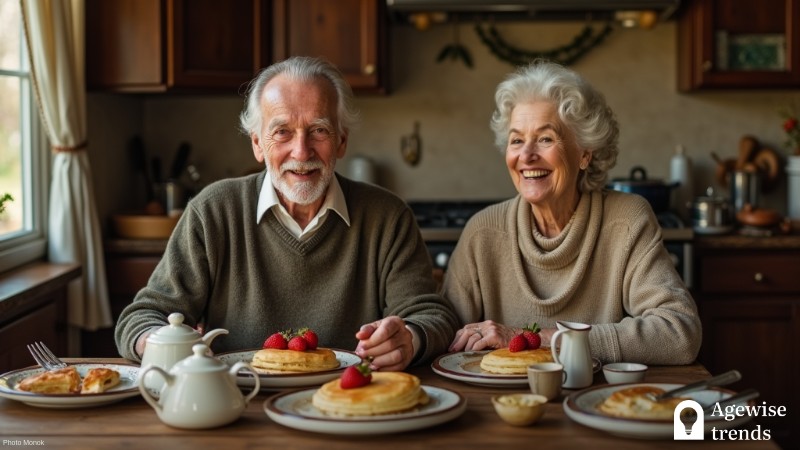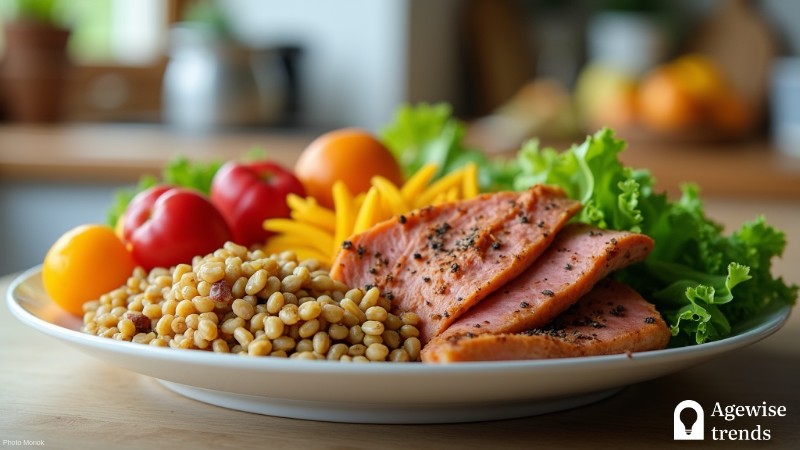For 46 years, Ikoi no Kai has been more than a meal program for Portland’s Japanese American community. In Japanese, it means a place of rest. The program provides nutritious, home-style Japanese meals in a welcoming environment for seniors and other community members. Nestled in the basement of Epworth United Methodist Church, it offers more than food—it fosters deep social bonds that combat isolation and promote well-being.
For seniors like Michiko Usui Kornhauser, who has lived alone since her husband’s passing, the program is a lifeline. The opportunity to gather with friends, share meals, and sing nostalgic Japanese songs brings a sense of belonging that is hard to find elsewhere.
This sense of community is essential, especially in a state like Oregon, where many older residents report feelings of loneliness. By providing consistent opportunities for social interaction, Ikoi no Kai plays a critical role in improving mental and emotional health.
Key Takeaways
Ikoi no Kai is a 46-year-old meal program in Portland that provides healthy Japanese meals, builds social connections among seniors, and preserves cultural traditions.
- Ikoi no Kai fights loneliness by offering regular chances for socializing and keeping Japanese traditions alive through cultural events.
- The program serves as an essential source of nutrition and community for older adults who may have difficulty preparing meals or finding social settings.
- Ikoi no Kai depends on donations and volunteers to keep running, ensuring it continues to support seniors and uphold its cultural heritage.
Preserving Japanese-American heritage
The program was founded in 1979 to address the needs of Portland’s first-generation Japanese American elders. Many of them had difficulty preparing traditional Japanese meals on their own and faced barriers to socializing in a familiar cultural setting. Thanks to the efforts of the Japanese American Ancestral Society and the Japanese American Citizens League, the program began with county funding, initially offering American-style meals before shifting to authentic Japanese cuisine.
Over the years, Ikoi no Kai has evolved into an independent nonprofit, supported by donations and volunteers. Beyond serving meals, it upholds Japanese traditions through cultural activities, including calligraphy, flower arranging, and music. The program not only nourishes the body but also preserves a heritage that spans generations.
Younger volunteers and community members also benefit from the intergenerational exchange, learning from elders who have lived through defining moments in history, including World War II and the Japanese American incarceration.
The importance of meal programs for seniors
Senior meal programs like Ikoi no Kai serve a crucial role in ensuring access to nutritious food. Many elderly individuals face challenges in preparing meals due to mobility limitations, financial constraints, or the absence of nearby family support.
Proper nutrition is essential for aging individuals, impacting their energy levels, cognitive function, and overall health. Ikoi no Kai provides well-balanced, freshly prepared meals incorporating seasonal ingredients donated by local farmers and food entrepreneurs.
What one daily lunch program means to Portland’s Japanese community https://t.co/JlWfYU9rQB pic.twitter.com/YhEMrtI7hU
— Eater Portland (@eaterpdx) July 18, 2022
More than just food, the program helps combat social isolation—a growing concern among seniors. Studies show that loneliness can lead to significant health risks, including cognitive decline and increased mortality rates.
By providing a communal space for seniors to gather, Ikoi no Kai fosters meaningful relationships that enhance their quality of life. The program also extends its reach through a bento meal delivery service, ensuring that those unable to attend in person still receive the nourishment and connection they need.
Sustaining the mission
As an independent nonprofit, Ikoi no Kai relies on contributions to continue its mission. With funding sources shifting over the years, the program now depends on community donations and grants from organizations like the Oregon Health Authority. Meal fees remain modest—$9 for seniors and $11 for younger adults—but no one is turned away for financial reasons.
Supporting Ikoi no Kai means sustaining more than just a meal program—it means preserving cultural heritage, fostering community, and improving the well-being of Portland’s senior population.
Ensuring that programs like these continue to thrive requires a collective effort, whether through volunteering, donating, or simply spreading awareness of their impact. The long-term success of Ikoi no Kai depends on ongoing community engagement and support to adapt to the changing needs of its members.















